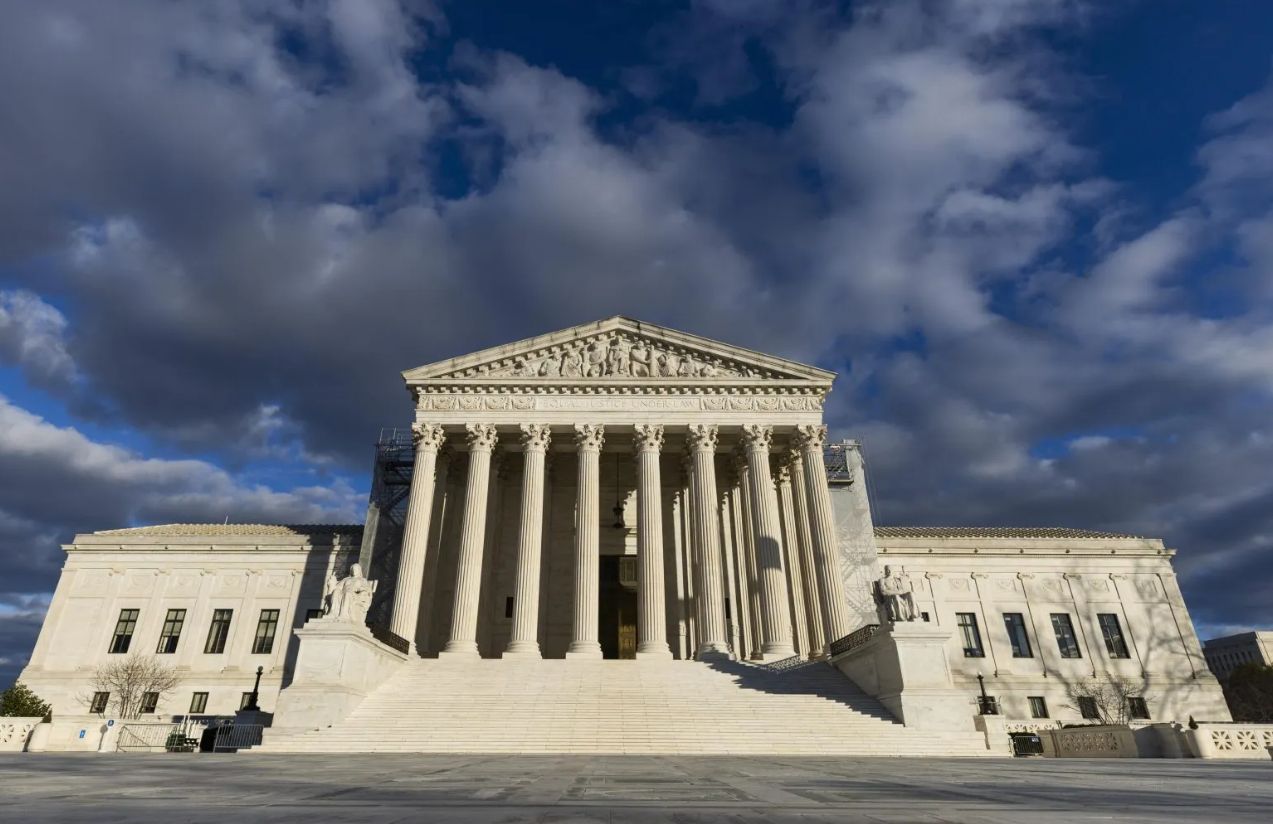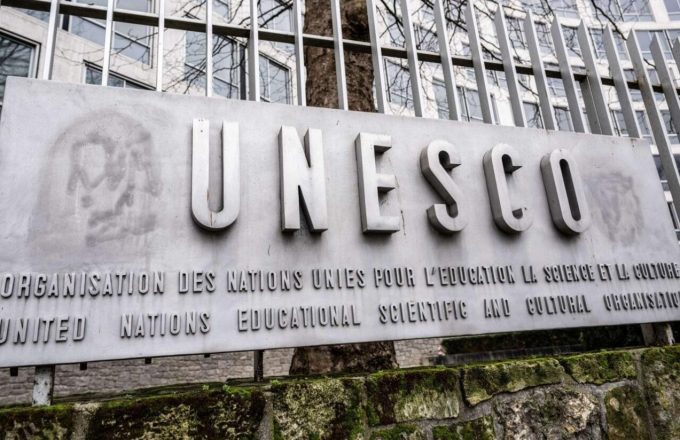The United States Supreme Court delivered a significant victory to President Donald Trump this Friday in one of the most consequential cases of the judicial term, concerning birthright citizenship. On a hectic day marked by the release of six key rulings, the nine justices of the high court avoided ruling on the central issue: the constitutionality of the executive order Trump signed on his first day back in the Oval Office to end automatic citizenship for anyone born on U.S. soil—particularly targeting children of undocumented immigrants.
Instead, the Court focused on a procedural question: whether rulings by federal judges that contradict presidential executive orders should apply nationwide or only to the plaintiffs who filed the lawsuit. In a 119-page decision split along ideological lines—six conservative justices in favor, three liberal justices opposed—the Court ruled in favor of limiting the reach of such judicial decisions.
The opinion, authored by Justice Amy Coney Barrett—one of Trump’s three appointees to the bench—states that from now on, federal court rulings against executive actions must be applied “as narrowly as possible.” This significantly curbs the power of lower federal courts and clears a path for Trump’s administration to proceed with fewer legal obstacles. The Court also left open the possibility of revisiting the core issue of birthright citizenship in the future.
Though the matter may seem technical or procedural, the ruling has deep political and legal ramifications. It reshapes the balance of power between the executive and judiciary branches, alters the dynamics of an already complex legal system, and strengthens presidential authority at the expense of judicial oversight. In practice, it bolsters Trump’s strategy, as he has relied heavily on executive orders since his return to the White House.
Over the past five months, numerous federal judges across the country have blocked Trump’s executive actions. In the U.S., these judges often hold more political weight than in other legal systems, as they are appointed by the sitting president—whether Democrat or Republican—and confirmed by the Senate.
Following Friday’s ruling, future injunctions from individual federal judges will no longer automatically halt presidential orders nationwide. This marks a shift in how executive power is checked in the U.S. legal system.
It’s worth noting that Trump is not the first president to challenge this model. Since the George W. Bush era, the expanded use of executive authority has been met with increasing judicial pushback, frustrating successive administrations—including those of Barack Obama and Joe Biden.
The executive order at the heart of this case was signed by Trump on his first day back in office. It sought to revoke birthright citizenship, a right enshrined in the 14th Amendment of the U.S. Constitution. However, three federal judges promptly blocked the order, and until now, their rulings had nationwide effect—something that may no longer be the case.




















